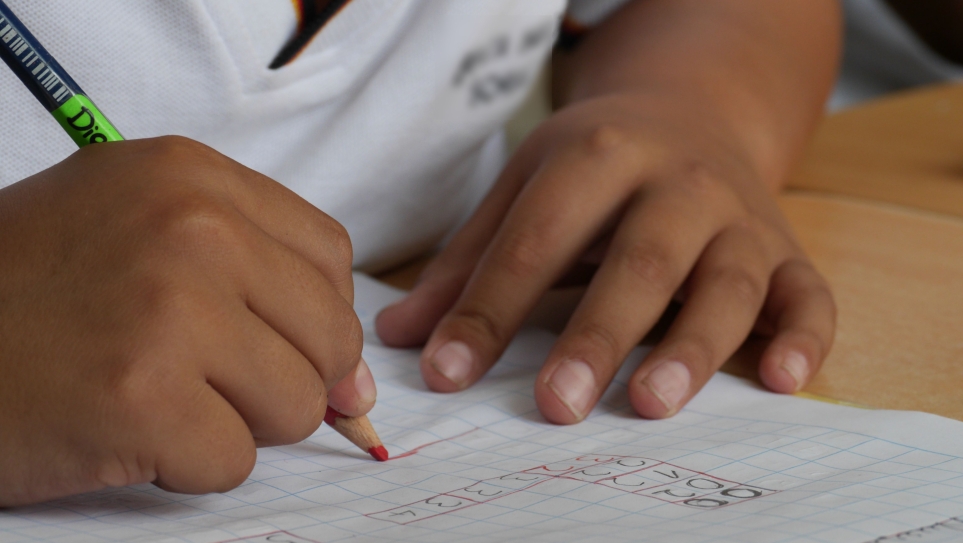Goal 5: Quality Education in Facilities
Youth in juvenile justice placements receive a high quality educational experience that enables them to stay on track academically.

Benchmarks
5.1 - Upon arrival at all juvenile justice placements, a youth’s educational needs and levels are assessed, with input from the youth and parents or other authorized education decision-maker.
5.2 - Youth are assessed for special education needs early on, referred for an initial evaluation where necessary, provided with an immediate temporary IEP where necessary, and benefit from the development and implementation of a comprehensive IEP.
5.3 - Youth are offered programs and instructional services that are responsive to their individual needs and free from racial or other bias.
5.4 - Home school records are transferred immediately, both at the beginning of placement and at any point of transfer or exit from juvenile justice placement, and a student’s participation in individualized education services are never delayed because school records have not yet been received.
5.5 - Youth in placement schools are provided with high quality academics and the same state-aligned curriculum and instructional time as would be provided in traditional public schools. Short-term detention facilities work in collaboration with local school districts to provide educational modules or other approaches to keep young people on track with their home schools.
5.6 - Youth with disabilities receive a free appropriate public education in the least restrictive environment, including needed special education and related services, transition planning and other supports through meaningful IEPs that are timely updated; developed with parent/family and youth input; and reflect the full range of services, accommodations and modifications necessary for academic progress.
5.7 - Youth who are English language learners and/or limited English proficient receive the interventions and support they need while attending school in placement, including ESOL instruction, modifications to curriculum and instruction, and access to translation and interpretation services as required by law.
5.8 - Youth are taught by qualified teachers (including special education teachers when applicable) who are properly certified, trained and permanently assigned to a placement and able to provide consistent instruction. Youth who receive instruction online or through a computer program are also supported by “live” certified and trained teachers.
5.9 - Youth receive all needed educational supports in placement schools, including intensive research-based remedial education and targeted literacy support, credit recovery, access to AP or IB courses and gifted education.
5.10 - Youth receive year-round educational programs when in placement school settings. Youth are not denied meaningful education services due to disciplinary consequences.
5.11 - Youth in juvenile justice placements have access to technology, including the internet, in order to complete educational assignments and academic activities.

